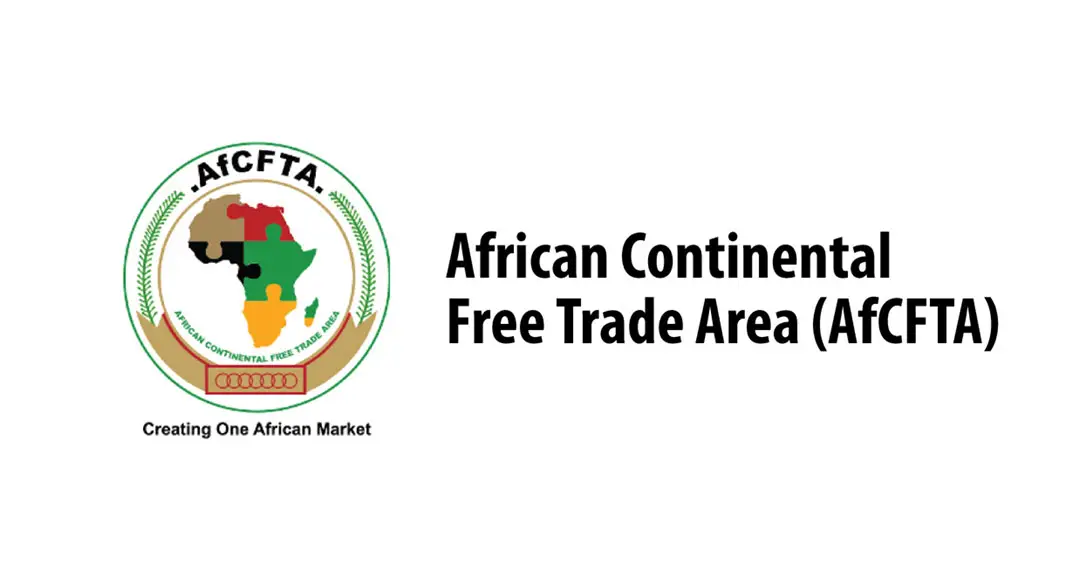However, she said its success depends on translating policy goals into tangible business support systems such as the needed concrete tools, financing, and market intelligence for entrepreneurs to seize cross-border opportunities.
“AfCFTA provides a unique platform to now further reduce trade barriers and harmonise regulations. It also provides a platform to enable economies of scale and position Africa as a more competitive player in global value chains.
However, unlocking its full benefits will require bridging the gap between policy and practice. It has to ensure that entrepreneurs have the tools, the financing, and market intelligence to be able to seize cross-border opportunities,” she stated.
Ms Montrat said that in a speech read on her behalf by the Senior Trade Commissioner at the Canadian High Commission, Andrew Maharaj, at the Africa Business Festival: The CEO’s Connect Summit in Accra last Thursday.
Organised by the Canada Ghana Chamber of Commerce (CanCham) in partnership with Enzee Events, it was on the theme: “Unleashing Africa’s Business Potential: One Market, One Future.”
It brought together policymakers, investors, business leaders, and government officials to foster innovation, partnerships and position Africa as a unified economic zone.
Commitment
She affirmed Canada’s commitment to deepening trade and investment ties with Africa in three key ways outlining her outfit’s three approaches to strengthening economic ties with Africa.
This included business-to-business connections facilitated by the Trade Commissioner Service, partnerships with local business associations, and development cooperation supporting private sector growth.
“Canadian companies are actively collaborating with African partners. We have multiple projects across renewable energy projects, responsible mining, innovative agri-tech solutions that not only scale businesses but also deliver value and social and environmental benefits. I’m particularly pleased by Canada’s funding of $19.7 million over four years to the trademark Africa-led project titled: Making Trade Work for Women in West Africa.
This funding, in partnership with AfCFTA Secretariat as well as ECOWAS Secretariat, is improving trade across the board of six countries in West Africa, namely Burkina Faso, Ghana, Cote d’Ivoire, Togo, Guinea, and Nigeria,” she stated.
The High Commissioner urged African entrepreneurs to view Canadian companies as innovation partners rather than merely suppliers or investors, highlighting their global expertise, long-term commitment, and respect for local knowledge.
She further encouraged foreign companies to engage with Africa’s integrated market, describing the opportunities as real and the potential as vast.
Fiscal discipline
The Chief of Staff at the Office of the President, Julius Debrah, explained that government would maintain strict fiscal discipline while channeling investments into critical growth sectors
He said such measures were essential to protecting growth momentum and strengthening Ghana’s competitiveness in regional and global markets.
“Our government continues to prioritise trade facilitation and infrastructure to ease the movement of goods and services across borders, macroeconomic stability, and reforms to ensure that Ghana remains a safe and attractive investment destination,” he stated.
Technology
The Deputy Minister for Communication, Digital Technology and Innovations, Mohammed Adam Sukparu, emphasised the pivotal role of technology in advancing Africa’s economic integration under the AfCFTA.
He stressed the need for Africa to transition from being a consumer of technology to a producer and innovator.
That, he said, required robust collaboration between governments, the private sector, and academia.
He urged entrepreneurs to adopt digital tools and investors to deepen partnerships with Africa’s growing tech ecosystem.
Mr Sukparu affirmed the Ministry’s commitment to driving digital transformation across the continent stating: “the future of Africa’s business lies not just in its markets, but in its innovation. If we digitize Africa, we globalize Africa.”


